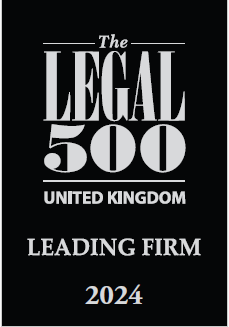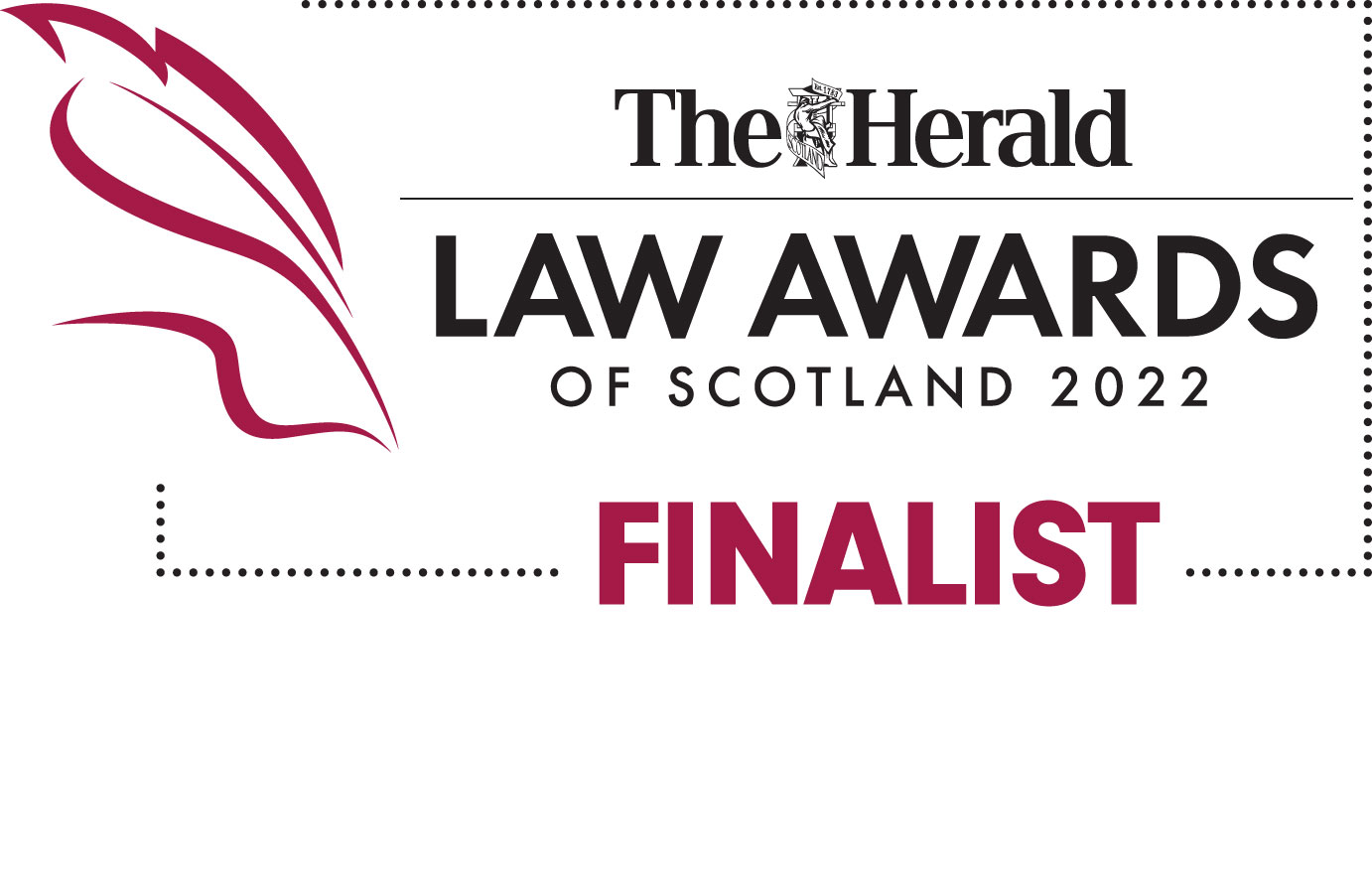Call us now: 0141 429 8166
Call us now: 0141 429 8166
Category: Employment
Uber has been definitively told that it can no longer treat taxi drivers who they offer fares to ‘self-employed.’ Britain’s highest court has unanimously dismissed the company’s final appeal against earlier court rulings that their drivers were entitled to minimum wage and holiday pay.
The company had been able to rely on decades-long uncertainty in the legal distinction between who is employed, who is self-employed, and who is in a third category, of ‘worker’, not employed but still entitled to minimum rights. The 25 Uber drivers who brought the original Employment Tribunal case – in 2016 – will now have compensation awarded to them by the ET.
Behind them will be many of the 60,000 who have accepted the terms of engagement offered by Uber. The Supreme Court, like the ET and other appeal courts before it, has decided it can override the standard terms that the drivers were offered, and say that they are in fact entitled to be paid at least the minimum wage (currently £8.72 an hour for over 25s), rather than what the Uber ‘platform’ determines they should receive, based on passenger demand and other factors.
It’s not an automatic goldmine – Uber says it has been amending its contracts since 2016 to offer ‘greater protections’, and each new case will have to be judged on its own merits. But the case sets a important precedent that will influence future Tribunal rulings.
So it is likely there will be a knock-on effect for other companies within the ‘gig economy’, which the trade unions estimate employed around five million people in the UK in 2019. Companies including Ola, Addison Lee and Deliveroo have copied the Uber business model, with people are hired on a job-by-job basis, with no obligations to give any fringe benefits or even guarantee what will be paid.
As well as a financial benefit, the ‘worker status’ gives rights such as rest breaks, and protections against discrimination or being targeted if they make a ‘whistleblowing’ report of wrong-doing.
The Justices in the Supreme Court analysed not only the drivers’ written contracts but also what happened in practice. It concluded the drivers were in a "position of subordination and dependency” and that they should be paid from when they switched on the App that allocated them fares, not just when there was enough demand.
They set down 5 key tests which will be relevant for future cases in showing where the power lies in any contractual relationship, which is a crucial factor in determining the legal status:
The UK Government said in 2016 it would be reforming employment law in this area, but has not yet brought forward how they see this changing in the post-Brexit legal landscape. In the meantime, the Employment Tribunals will have to decide.
*Livingstone Brown has four employment lawyers dealing on a daily basis with issues about pay and entitlements, including making claims to the Employment Tribunal. All initial calls will be returned the same day and a no-obligation estimate will be offered. Call 0141 429 8166 or send us details of your inquiry here.
Reliable, expert advice you can trust. Get in touch today










AWARD WINNING, SCOTTISH SOLICITORS